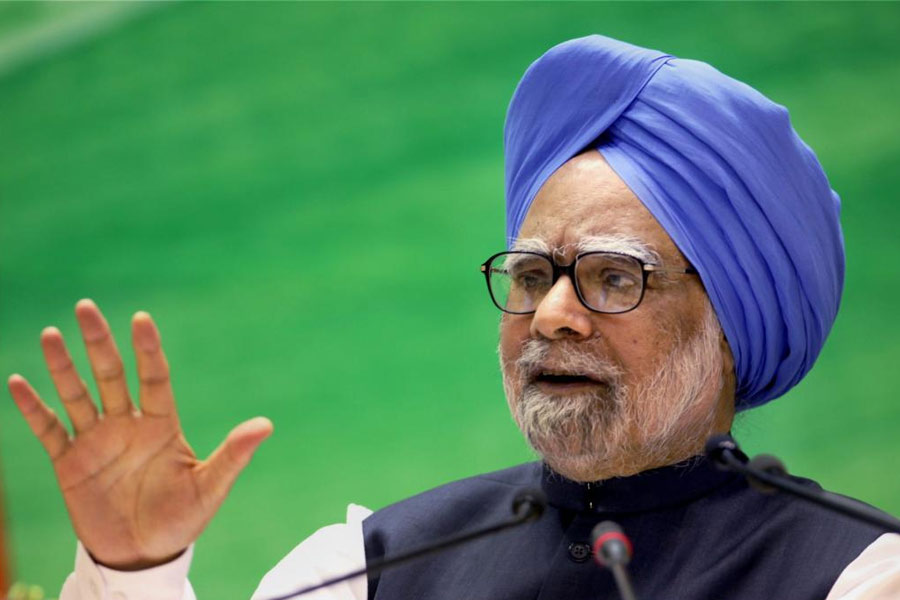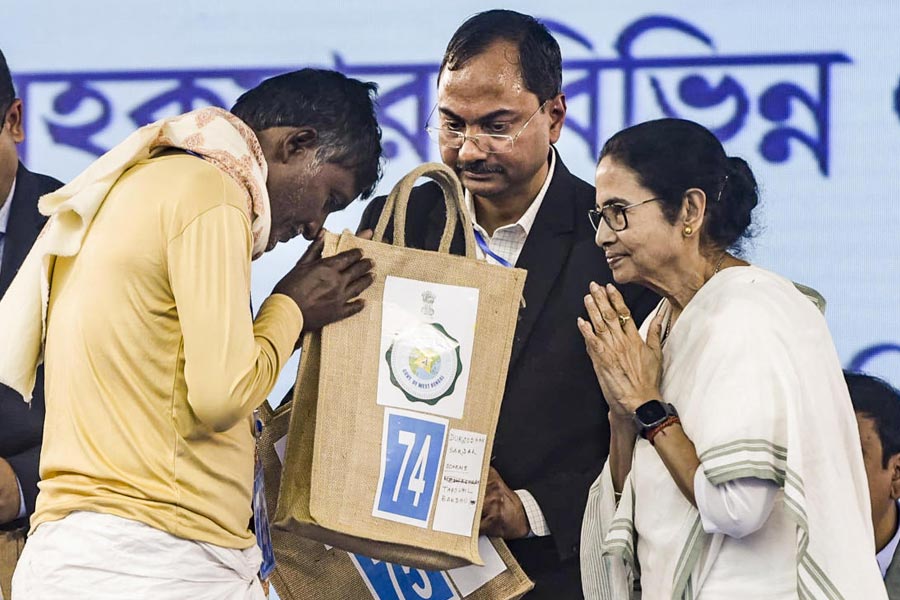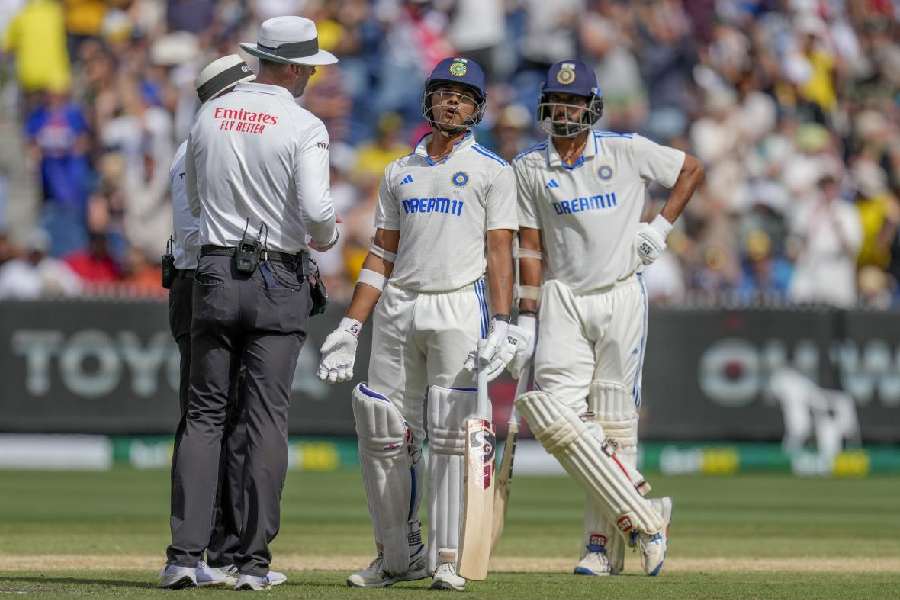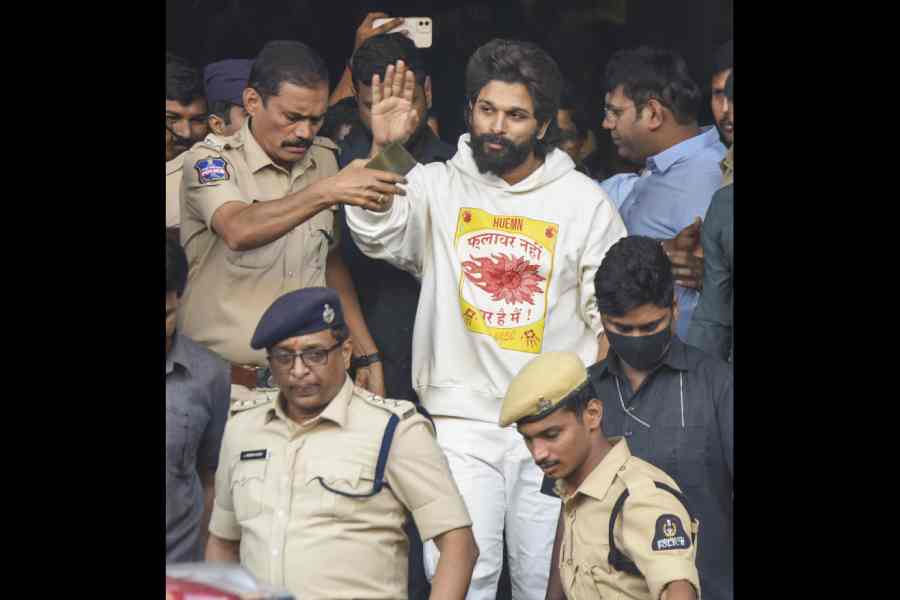The Centre on Wednesday pleaded in the Supreme Court that the July 25 nine-judge bench verdict empowering the states to collect royalty from mineral wealth should apply only prospectively.
The government argued that retrospective application would have a “cascading effect” on the economy entailing an additional expenditure of ₹70,000-80,000 crore, ultimately burdening the common man.
Several states like Jharkhand, Odisha and Assam have been demanding retrospective implementation of the states' right to collect royalty from 1989. The nine-judge bench had on July 25 held that the states have the right to collect royalty as the levy was not a tax, overruling a seven-judge bench order of 1989 that the states have no such right and only the Centre could collect mineral royalties. The nine-judge bench had, however, not specified whether its order would have retrospective effect.
Appearing for the Union government on Wednesday, solicitor-general Tushar Mehta told the nine-judge bench headed by Chief Justice of India D.Y. Chandrachud that the July 25 judgment has to be applied only prospectively as it would affect several industries and public sector undertakings involved in the production or manufacture of coal, steel and bauxite.
The bench reserved its verdict. The judgment is expected to be delivered in a week or 10 days.
Mehta submitted that the mines had been leased out through public auction based on the 2015 amendments to the Mines and Mineral Development and Regulations, 1957, which took into account the rates prevalent in 2015. The law officer argued that retrospective evaluation of royalty would crush the industrial and public sector undertakings.
Senior advocate Harish Salve, appearing for Mahanadi Coals, submitted that retrospective levy of royalty from 1989 would severely impact the overall economy as the amount sought to be recovered would be “more than the net worth of many companies”.
Senior advocate Rakesh Dwivedi, appearing for the Jharkhand government, opposed the argument of the Centre and insisted that the judgment should be given retrospective effect from 1989, else it would be a travesty of justice. Dwivedi suggested a staggered payment.











